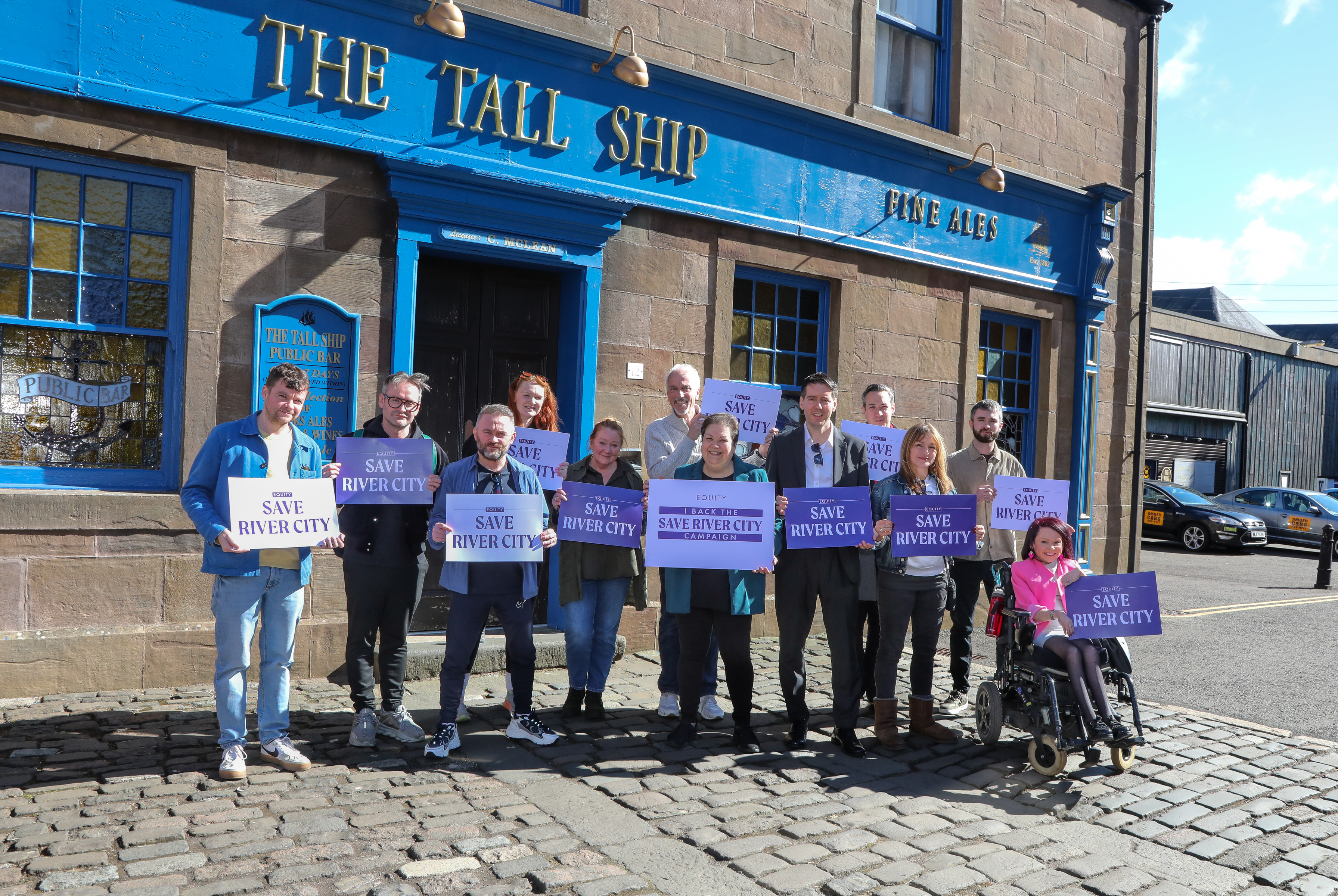Equity General Secretary Paul W Fleming, together with leading cultural organisations and unions, has signed an open letter to Boris Johnson urging him to deliver on his promise to fix the Brexit crisis for the creative industries. The letter, which features in The Times, has been organised by the Incorporated Society of Musicians.
In the absence of a clear plan from Government, we are proposing four measures to guarantee our sector's survival:
- a bespoke Visa Waiver Agreement with the EU for the creative sector.
- bilateral agreements with key individual EU Member States.
- emergency funding to cover additional costs when undertaking work in Europe.
- reduce impact of new road haulage & cross-trade rules.
The open letter in full
27 April 2021
Dear Prime Minister,
As representative organisations in the creative industries, we are writing in response to your evidence session with the Liaison Committee on 24 March and the promise you made to fix the crisis we find ourselves in following the completion of the Trade and Cooperation Agreement (TCA).
You clearly understand the deep frustration felt by our sector now that it is virtually impossible for many creative professionals to work in Europe on a short term or freelance basis. As you know the UK creative industries are incredibly successful, generating £111bn per annum for the UK economy. They also of course add hugely to the UK's profile and soft power.
We were delighted to hear you make a firm commitment to address the range of issues which have arisen as a result of the TCA in relation to visas, work permits, moving goods and people. The creative industries need you to deliver on this pledge otherwise work will be lost and businesses will go under. The sector will do everything it can to assist you and your Government, therefore we would welcome more detail on how your commitment will be delivered in terms of practical steps going forward.
Senior leaders in our sector have had numerous meetings with civil servants, where we have presented a range of workable solutions. However, we are extremely concerned by the lack of progress which has been achieved over the last three months to unravel the mountain of costly bureaucracy and red tape which now faces the creative industries. You stated that the Government is working 'flat out' with individual EU member states and we understand that the immediate focus is to improve their guidance around entry and work requirements. However, this by itself is not sufficient to deliver frictionless mobility for our sector which was a commitment during the Brexit negotiations.
In the absence of a clear plan from your Government, we are proposing four measures to guarantee the survival of our sector.
Firstly, your Government should negotiate a bespoke Visa Waiver Agreement (VWA) with the EU for our sector, covering all creative professionals including technical and support staff as well as journalists. We have taken legal advice from a leading QC who has advised us that a VWA would be legally binding and be compatible with your manifesto pledge to take back control of our borders. It would not require a renegotiation of the TCA. We urge you to engage with the EU Commission and move forward with this proposal, which would be hugely beneficial for our sector, add certainty for the future and send a strong message that the UK Government is doing everything it can to protect our world leading industry.
We are also calling on your Government to negotiate bilateral agreements with key individual EU Member States that do not currently offer cultural exemptions for work permits, or which are the most important financially for creative workers.
We appreciate that the above will take some time so we ask for an emergency funding package to be put in place to support creative professionals given the level of additional costs they now face as a result of undertaking work in Europe.
Lastly, we ask that the government urgently take steps to reduce the adverse impact of the new road haulage and cross-trade rules that has made it impossible for UK established touring companies to facilitate pan-European tours; an industry from which 85% of all tours in Europe were operated by UK registered companies. The touring sector is already leaving the UK and re-establishing itself in EU member states and the drain on UK plc. will continue to grow as supporting industries also leave unless a suitable solution is found by the UK and EU.
With scheduling already underway for creative work later this year, you have a limited window of opportunity to resolve this crisis which is threatening our industry.




